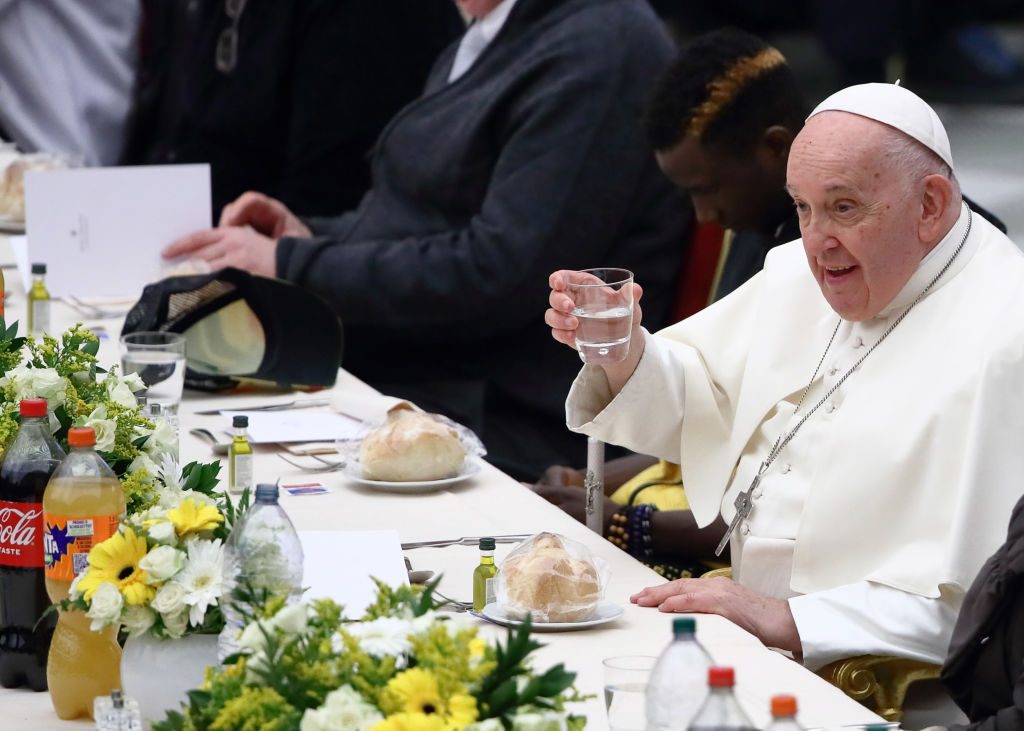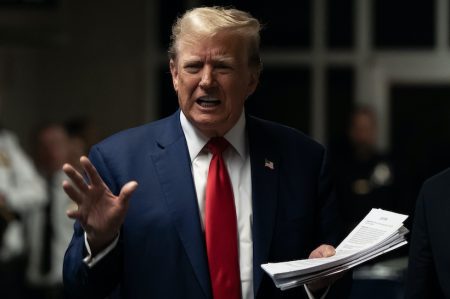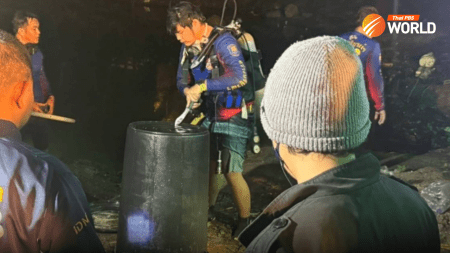On Thursday, Pope Francis led a ceremony outlining his vision for the upcoming 2025 Jubilee, a once-in-25-years event that will attract tens of millions of Catholic pilgrims to Rome. The papal bull, presented in the atrium of St. Peter’s Basilica, described a vision of hope for the approaching Holy Year, requesting acts of solidarity with the poor, prisoners, migrants, and the environment.
Since assuming the papacy in 2013 and famously stating, “Who am I to judge,” support for the neglected, marginalized, and excluded individuals has been central to his time in office. Recently, these individuals have included a group of trans sex workers who have captured the pope’s attention.
In recent years, Francis has faced criticism from conservative Catholics for embracing LGBTQ+ individuals by approving blessings for same-sex couples and stating that “being homosexual is not a crime.” Concurrently, Francis has welcomed many transgender women, several of whom are sex workers, to the Vatican for blessings, audiences, and even a press-covered lunch.
One of them was Laura Esquivel, a trans sex worker from Paraguay.
She described herself as resilient and strong.
“I am made of iron,” the 57-year-old would say. She had been working on the streets since the age of 15, served time in an Italian prison for injuring another sex worker in a fight, and showed no remorse, even to the pope.
But somehow, the pope now knew her name.
“It’s almost like Laura has become a friend of the pope,” said Rev. Andrea Conocchia told The Washington Post. Conocchia, also known as Don Andrea, is a priest in the seaside village of Torvaianica where Esquivel worked.
Don Andrea had assisted Esquivel and her fellow trans sex workers in the small town, located 20 miles south of Rome. The town was a destination for men who increasingly paid for the workers’ specific companionship. However, as the pandemic spread in Italy, business declined, and these women in the small town struggled to find food and money.
Some aid for the town’s sex workers came directly from the Vatican.
Don Andrea suggested that they write to the pope and express their gratitude. He responded with a handwritten note, telling one of Esquivel’s colleagues, “Thank you very much for your email. … I respect you and support you with my compassion and my prayer. If there is anything I can help you with, please let me know.”
When vaccines became available, the women were invited to Paul VI Hall in the Vatican to be vaccinated, which was not accessible to undocumented workers like them in the rest of the country.
“They saved our lives,” Esquivel said.
During her first meeting with Francis, accompanied by Don Andrea and a small group of trans women and a same-sex couple on a warm summer morning in 2022, Esquivel blurted out in Italian, “I’m a transsexual from Paraguay.”
The pope smiled and told her, “You are also a child of God.”
Esquivel asked for his blessing, and he touched both her shoulders.
“God bless you,” he said.
“You, too,” Laura responded.
Francis laughed and said, “We should speak Spanish, we’re South American,” acknowledging their shared identity.
Meetings with women like Esquivel became regular occurrences.
“Groups of transgender individuals visit frequently,” Francis informed fellow Jesuits in Lisbon last August. “The first time they came, they were crying. I asked them why. One of them told me, ‘I didn’t think the pope would accept me!’ Then, after the initial surprise, they started coming back regularly. Some write to me, and I respond to their emails. Everyone is welcome! I realized these people feel excluded.”
Ten days before the Vatican lunch with transgender women, among a thousand underprivileged and homeless people of Rome — and the first public acknowledgment that Francis was involved with the transgender community — the Vatican had released guidance that transgender people could be baptized and serve as godparents.
Esquivel was seated directly across a table from the pontiff. The conversation over plates of cannelloni was lighthearted.
“Pope Francis never criticized me or told me to change my life,” Esquivel remarked.
Shortly after, Esquivel was diagnosed with colon cancer. Don Andrea and the Vatican took Esquivel under their wing, assisting her in establishing residency to enroll in the National Health Service, and providing lodging in Rome while she underwent chemotherapy.
The pope frequently inquired with Don Andrea about her health.
In appreciation for his assistance and concern, Esquivel brought homemade empanadas to the papal household, accompanied by Don Andrea. As the guards let her in, she turned to him and said, “I feel like someone.”
“Laura, you are someone,” he replied.









